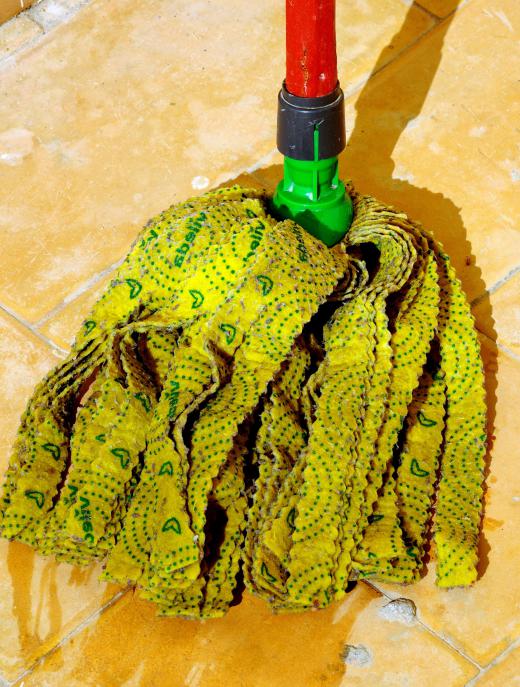Also known as threading machines, a thread machine is a device that is used to create the threads found on pipes and other common materials used in building projects, electronics, and the manufacture of various types of goods. Machines of this type can be configured to carve threads into a number of different materials, notably various types of metal and hard plastic. The use of a thread machine makes it much easier to manufacture goods that are equipped with uniform thread patterns which will easily work with other threaded devices, making it possible to easily replace worn sections without having to redo an entire system.
One of the most common examples of a thread machine is the bolt threader. This device is capable of cutting precise thread patterns into bolts, matching those patterns to coincide with the nuts that are manufactured to work with those bolts. A similar machine accomplishes the same task with different types of screws, making the devices much easier to use in building and other projects.

A thread machine is also used in a number of manufacturing situations to create products that can be used in the home. For example, wooden dowels can be outfitted with threads using machines of this type, making it possible to create sturdy handles for broom and mops that can easily be screwed into the broom or mop end of the device. In like manner, the wooden dowels can be threaded and used as part of the design for window treatment hardware, making it possible to attach filial covers and other adornments that help to enhance the window treatment.
While thread machine designs for mass production are common, there are also designs that are made with the hobbyist or small repair professional in mind. For example, a plumber may have a handheld device that makes it possible to rethread sections of pipe in order to achieve a tighter fit. In like manner, a hobbyist may have a simple handheld device that makes it easy to add threads to round sections of wood, making it easier to join different sections during the creation of a finished wood piece.
Without a doubt, the different incarnations of the thread machine have made a huge difference in modern life. Everything from appliances to furniture benefits from the use of threaded items like screws, pipes, nuts, and bolts. Homes are often assembled using threaded materials in different parts of the construction, and even many household items come with some type of threading in the design. With the enhanced precision offered by computer technology to ensure threaded items meet current standards, the chances of purchasing an item with unaligned threads is extremely low, and is likely to decrease even further in the years to come.

